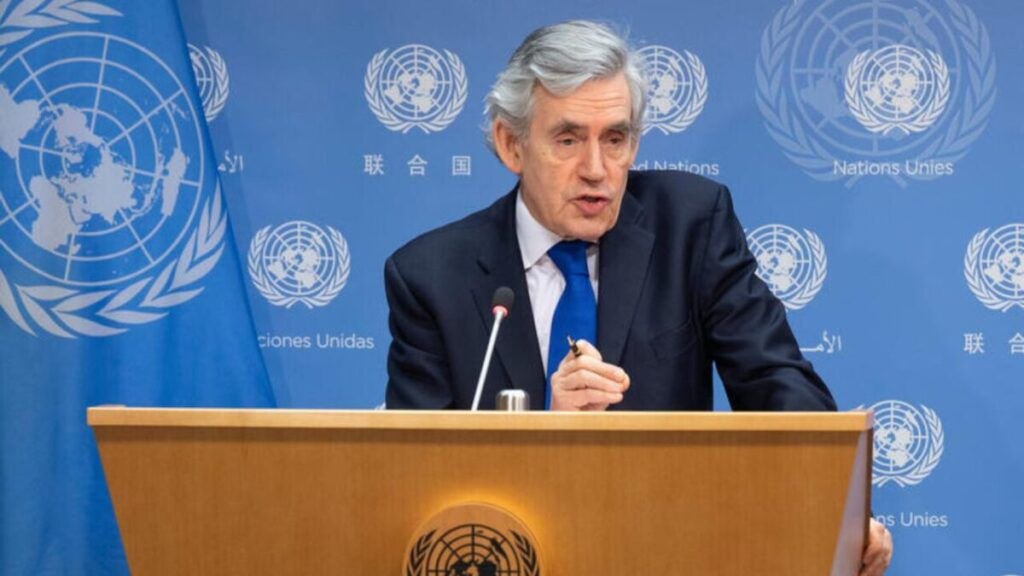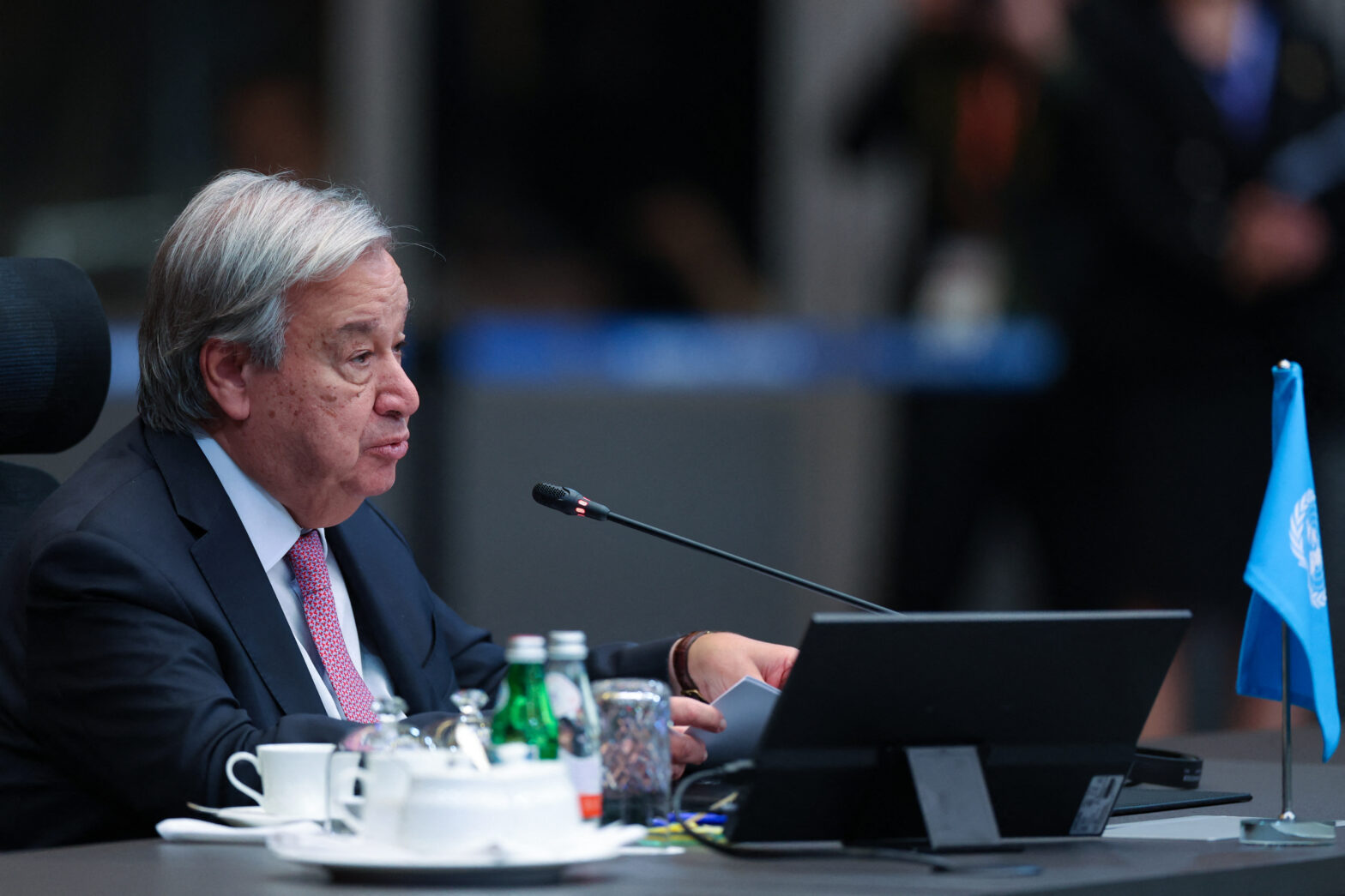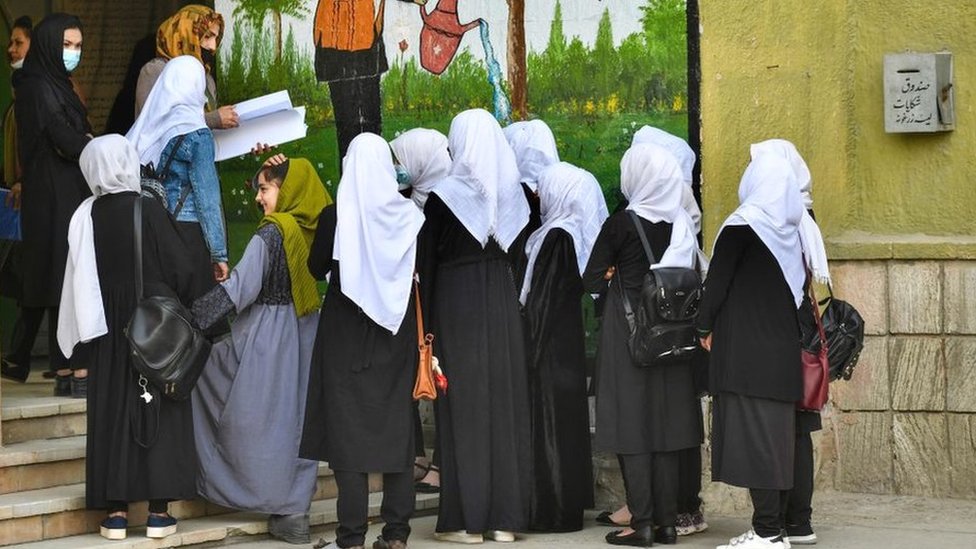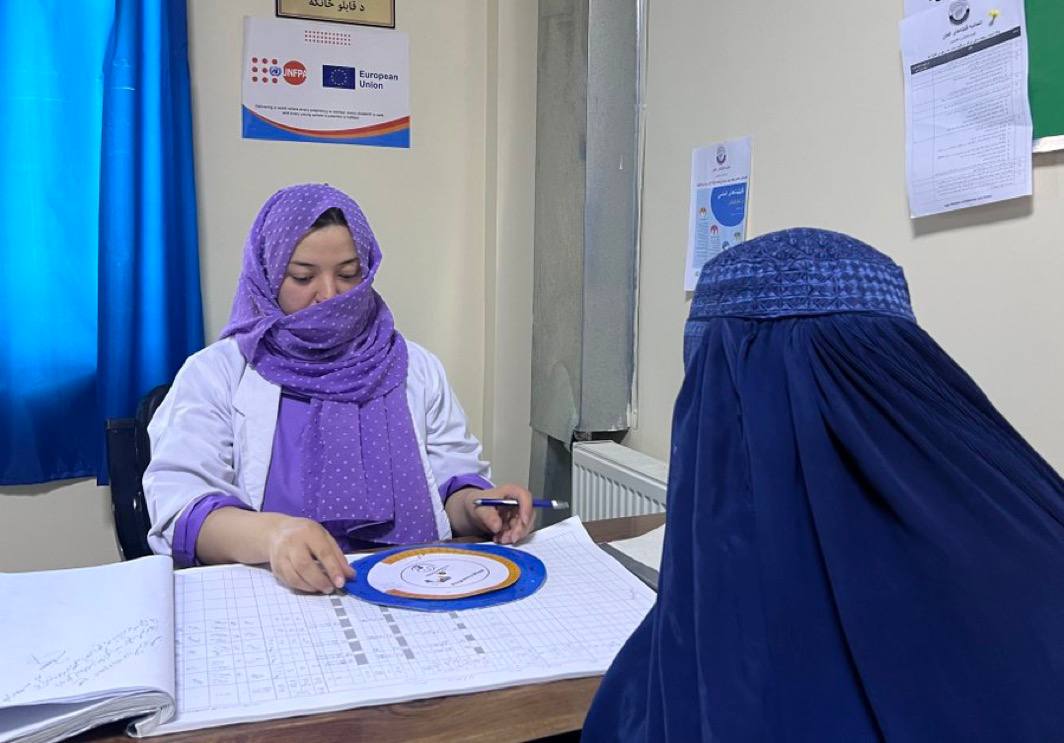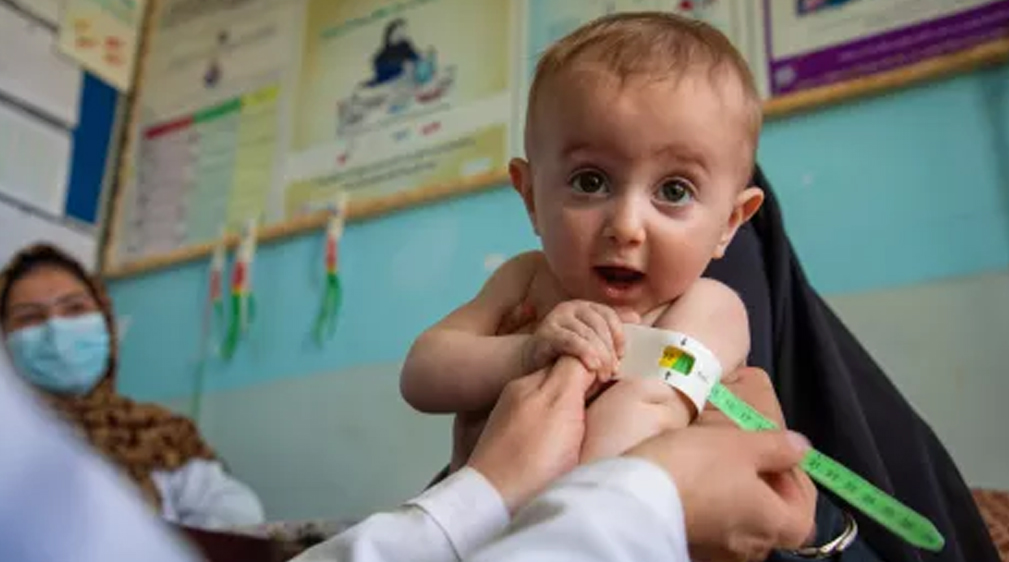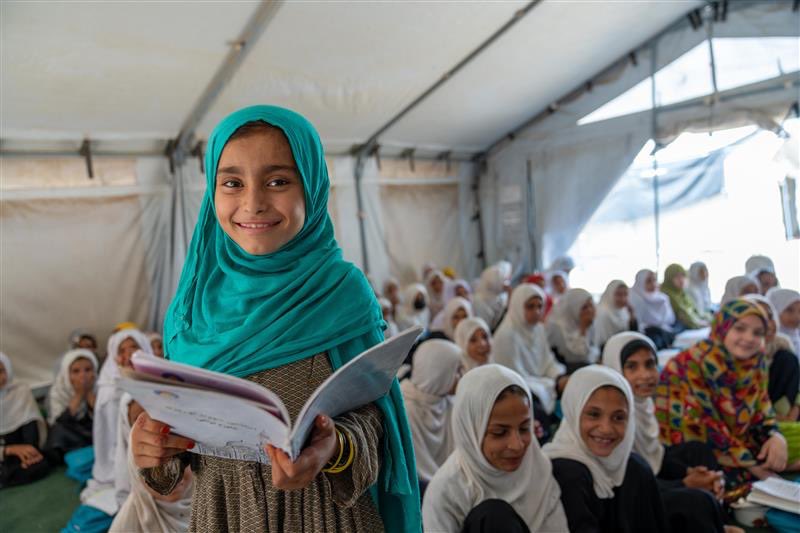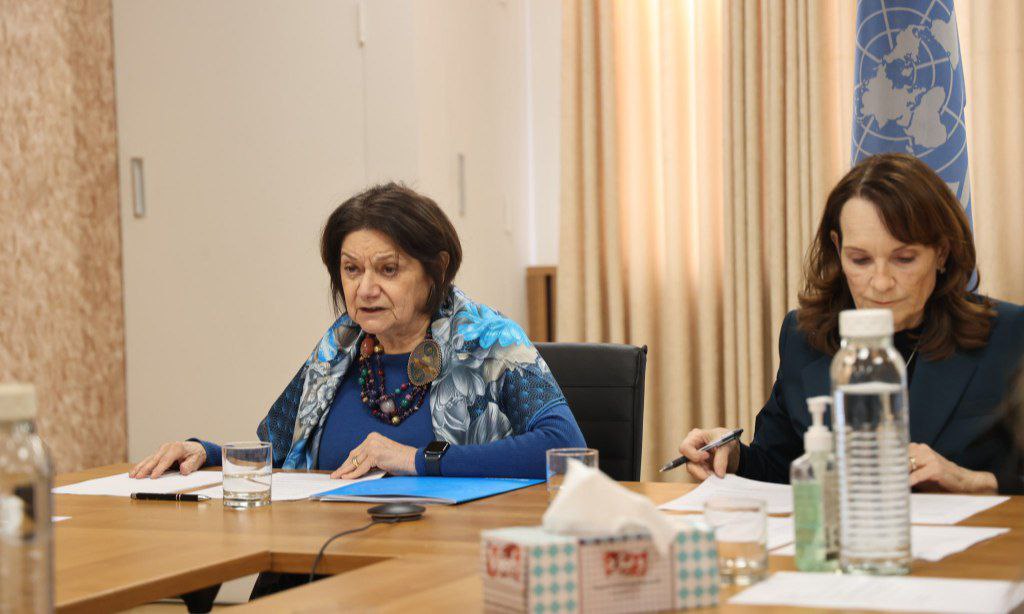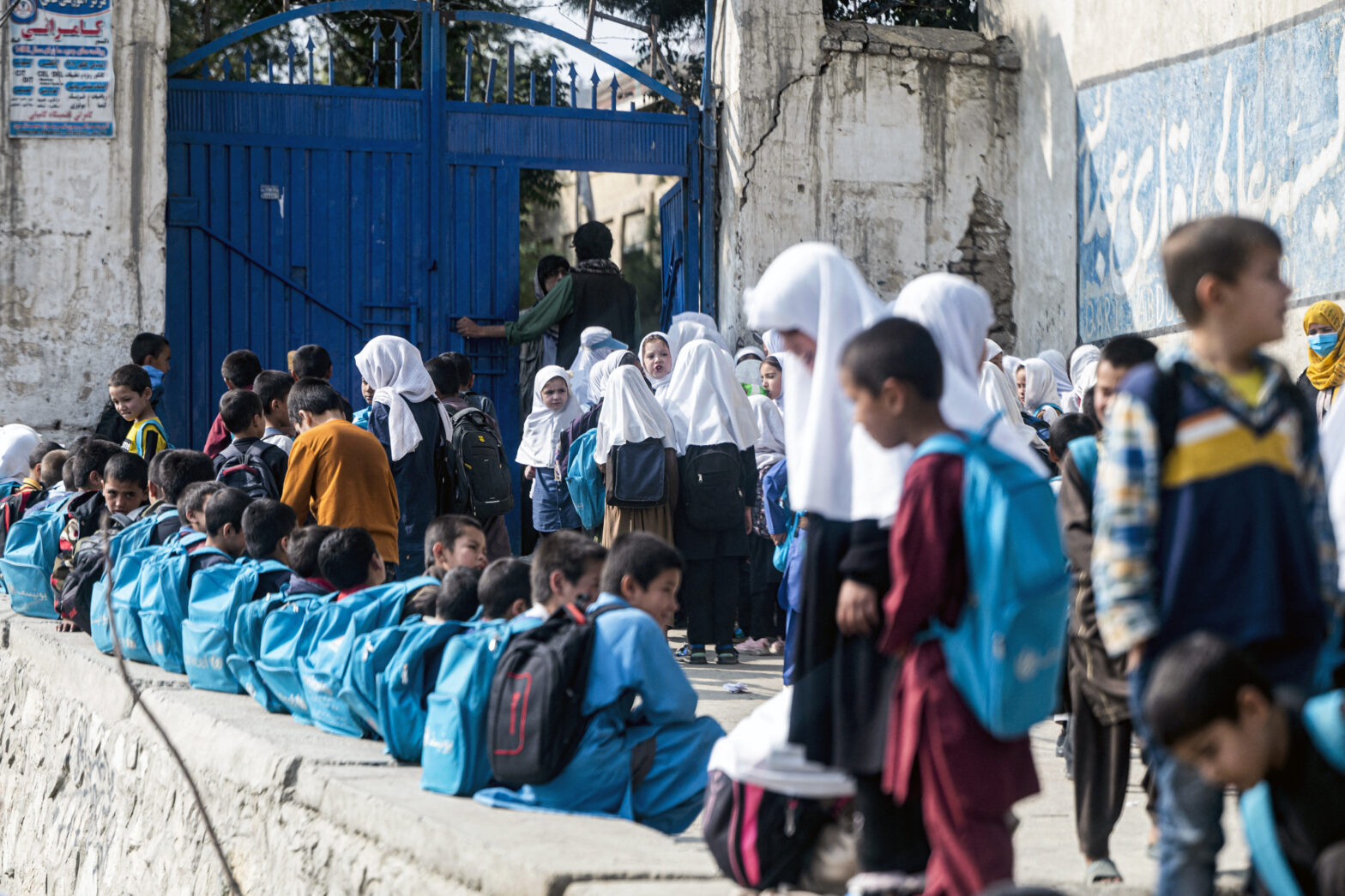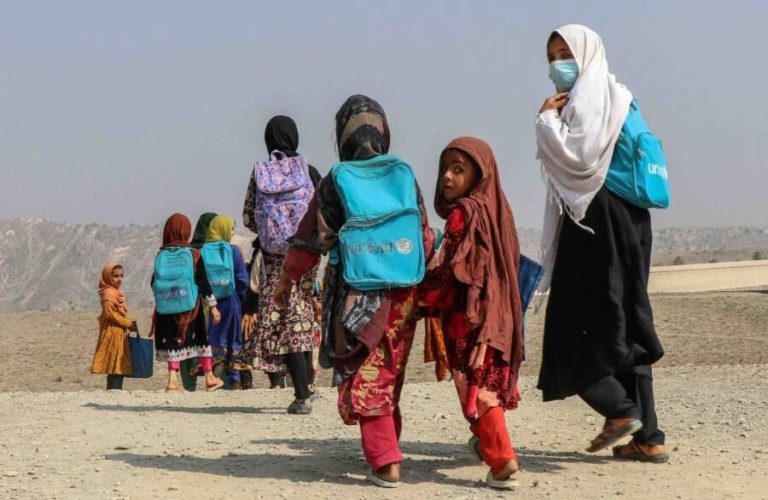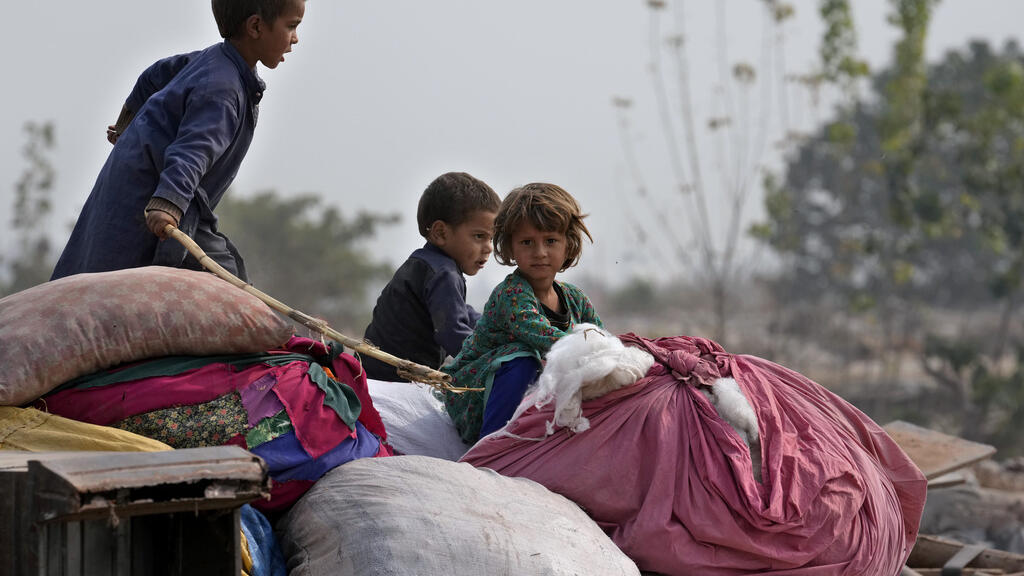
Tajudeen Oyewale, UNICEF Representative in Afghanistan, has stated that Afghanistan remains among the countries that will require urgent and large-scale assistance in 2026. Mr. Oyewale said in a report that sustained funding would enable UNICEF Afghanistan to provide healthcare services to 12 million people across the country. The UNICEF representative in Afghanistan emphasized that with such assistance, emergency education could be provided to 5.5 million children, and nearly 10 million children could be protected against diseases. This comes as UNICEF had previously reported that in 2025, due to a 72 percent reduction in funding, its operations were curtailed in 20 countries worldwide, including Afghanistan. The United Nations has added in its reports that sustained financial support plays a key role in ensuring children’s and families’ access to life-saving services and in responding to humanitarian crises, helping to safeguard the lives and health of millions of people. Meanwhile, the UN World Food Programme (WFP) in Afghanistan recently reported that the country’s food security situation is critical. According to the report, 17 million people in Afghanistan are facing acute hunger, and about 4 million children are at risk of malnutrition. The WFP had also projected that child malnutrition would increase, affecting nearly four million children in the coming year. Recently, UNAMA also reported that food insecurity remains severe, with malnutrition among women and children increasing by 15 percent, and millions of people left without assistance during the upcoming winter.

